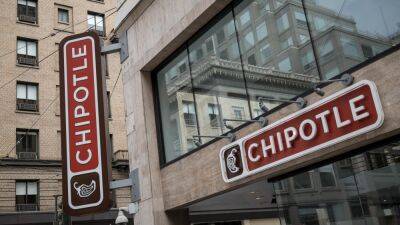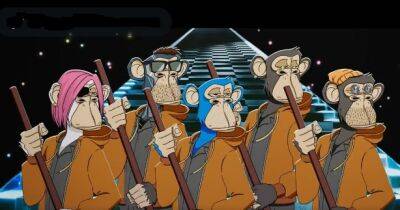No washing up, no decisions to make – no wonder all-inclusive holidays are back
Poets are always going on about natural wonders – daffodils, trees, unpopular clouds – but just once, I’d like to read about gleaming white plates wobbling with tiny squares of pudding. One’s a mousse – somehow standing upright uncontained, inexplicably topped with a thin red line of jelly. Another is a cake packed with cream and adorned with a DNA helix made of chocolate. The best, saved until last, involves some kind of neon-green element. It wouldn’t be the same without the neon-green element.
These are the unnatural wonders of the all-inclusive hotel, and, until very recently, they were under-appreciated by poets and pop culture alike. Ten years ago, the mere idea of jetting off to an everything-everywhere-all-at-once resort was laughable, as the middle classes shunned one-size-fits-all holidays in favour of self-planned trips, with the seductive promise of “living like a local”. In 2011, all-inclusive holidays were the subject of a debate on the official BBC blog, with commenters weighing in that they “couldn’t think of anything worse” and “there’s nothing more pathetic”. But a few global disasters here, a few life-altering crises there, and the all-inclusive is hotter than ever. According to a 2021 survey, 70% of 18- to 34-year-olds would now consider an all-inclusive holiday; meanwhile, the hashtag #allinclusive has around 500m TikTok views.
I’m going to say it, because it’s finally safe to say: I never liked Airbnb. Why would I want to stay somewhere where I have to complete an escape room puzzle before I can get the keys, and where my bed sheets defy physics with the sheer tightness of their tucking in? And, apparently, it’s not just me – Airbnb hosts are reportedly “panicking about a summer slowdown”. And in
Read more on theguardian.com


















